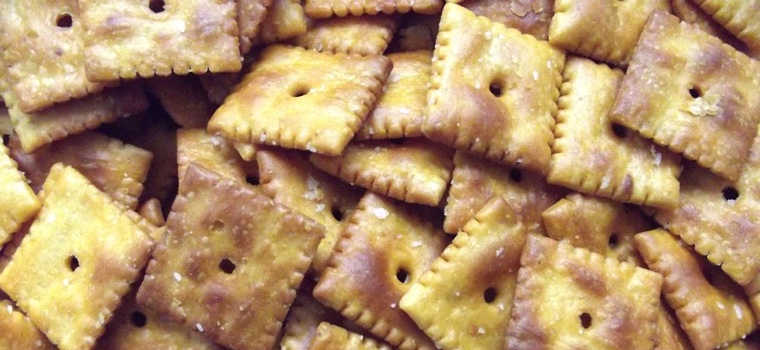
Over the last several years, I’ve been convinced that losing body fat was a simple equation — burn more calories than you take in. Eat less, move more.
And for me, it’s largely worked that way. I ate more bread during our three months in France than I should have, but I also hiked my ass off and restricted calorie intake to 8 hours a day. So I lost weight.
But apparently it’s not the same for everyone. Some people can’t seem to lose weight by controlling their calories, or by moving more.
The carbohydrate-insulin model argues that overeating isn’t the underlying cause of long-term weight gain. Instead, it’s the biological process of gaining weight that causes us to overeat.
Wait, what?
The Keto diet strikes back?
If you’re not familiar, the Ketogenic diet dictates eating a mix of foods that prompt the metabolic state of ketosis, which occurs when the body is using fat for fuel as stored carbohydrates are depleted.
The idea is to limit the amount of carbohydrates you ingest dramatically, while upping the fat and protein — generally 60-75% of calories from fat (or even more), 15-30% of calories from protein, and 5-10% of calories from carbs.
A couple of months ago, the keto diet started getting some serious pushback, essentially labelled “Atkins 2.0” in reference to the previous low-carb diet fad.
While this new study may seem to validate the ketogenic approach, it’s really saying something else:
Consuming processed carbohydrates (especially refined grains, potato products and sugars), causes our bodies to produce more insulin. Too much insulin, one of the most powerful hormones, forces our fat cells into calorie-storage overdrive. These rapidly growing fat cells then hoard too many calories, leaving too few for the rest of the body. So we get hungry, and if we persist in eating less, our metabolism slows down.
The important finding that the study reveals is that it’s not just calories in, calories out. When it comes to weight loss, what you eat matters, not just how much — no matter how much you exercise.
Eat your vegetables already
This may seem like another confusing flip-flop in favor of keto, but not really. Processed carbohydrates are bad, and remain so. In fact, processed foods in general are bad. You know that.
The problem is that eliminating processed carbs is not the only aspect of the ketogenetic diet. What entices many is the high fat aspect of the approach, which seemingly provides permission to stuff tons of bacon in your face.
We have to admit that we use “science” to justify our poor food choices, even to the point of misinterpretation. The truth is you are probably not eating enough of a certain type of carbohydrate — vegetables. And while plants don’t have a ton of calories, you shouldn’t worry about limiting the percentage.
Protein, yes. And fat is not bad, especially from grass-fed meats, fish rich in Omega-3 fatty acids, avocado, and nuts. But you also need plants. Likely lots more.
I’m thinking this is no way to get people to like me.
